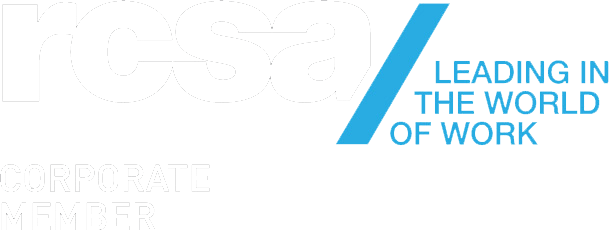From Individual Contributor to Team Leadership: Fostering Success, Well-Being, and Growth
Introduction
Transitioning from a high-performing individual contributor to a leadership role entails not only a shift in focus from personal achievements to team performance but also a heightened responsibility for the well-being and professional growth of team members. As leaders, we must recognise the importance of fostering a supportive environment that prioritises the mental well-being of our staff and actively promotes their advancement. In this blog post, we will explore the key aspects of this transition, including the need for nurturing a positive work culture, supporting mental well-being, and facilitating career progression.
Nurturing a Positive Work Culture
As leaders, it is our responsibility to create a positive work culture that promotes collaboration, respect, and trust. A supportive environment fosters a sense of belonging and psychological safety, allowing team members to express their thoughts and concerns openly. Encouraging teamwork, celebrating achievements, and recognising individual contributions cultivates a culture where everyone feels valued and motivated to perform their best. A positive work culture serves as the foundation for nurturing both mental well-being and professional growth.
Supporting Mental Well-Being
The well-being of our team members is paramount to their overall success and satisfaction in the workplace. Leaders must prioritise mental health initiatives and create an environment that supports emotional well-being. This includes promoting work-life balance, encouraging open dialogue about mental health, and providing resources for stress management and self-care. Regular check-ins with team members, active listening, and empathy contribute to a supportive atmosphere where individuals feel safe discussing their challenges and seeking appropriate support when needed.
Facilitating Career Progression
In addition to prioritising mental well-being, leaders play a vital role in facilitating the growth and development of their team members' careers. This involves providing guidance, mentorship, and opportunities for learning and advancement. By identifying each individual's strengths and aspirations, leaders can tailor development plans and assign challenging projects that align with their goals. Regular performance evaluations, constructive feedback, and clear communication of expectations are essential for helping team members understand their growth trajectory and take steps towards promotion.
Mentoring and Coaching
Effective leaders understand the importance of mentorship and coaching in fostering professional growth. By serving as mentors, leaders can share their knowledge, provide guidance, and offer support to their team members. Mentoring relationships allow individuals to gain insights, expand their perspectives, and develop new skills. Furthermore, coaching enables leaders to empower their team by helping them identify their strengths, overcome obstacles, and reach their full potential. By investing in their growth, leaders not only support the well-being of their staff but also foster a culture of continuous improvement.
Promoting Work-Life Integration
Leaders must recognise the importance of work-life integration, acknowledging that employees have personal responsibilities and aspirations outside of the workplace. Encouraging flexible work arrangements, promoting time off, and respecting boundaries contribute to a healthier work-life balance. This approach supports mental well-being and helps prevent burnout, ensuring that team members can perform at their best while maintaining a fulfilling personal life. By valuing work-life integration, leaders demonstrate their commitment to the overall well-being and success of their staff.
Recognising and Rewarding Success
Leadership roles require an attentive eye for recognising the accomplishments and potential of team members. Acknowledging and celebrating success fosters a sense of accomplishment and motivation within the team. Leaders should establish transparent and fair reward systems that recognise both individual and collective achievements. Regular feedback and performance evaluations provide opportunities to discuss progress, set new goals, and plan for future promotions. By nurturing a culture of recognition and promotion, leaders inspire their team members to strive for excellence and reach their professional aspirations.
Conclusion
Transitioning from a high-performing individual contributor to a leadership role encompasses not only driving team performance but also assuming responsibility for the mental well-being and career progression of staff members. By nurturing a positive work culture, supporting mental health, facilitating career advancement, and providing mentorship, leaders create an environment where individuals can thrive both personally and professionally. By prioritising the well-being and growth of their team, leaders lay the foundation for a successful and fulfilling journey in team leadership.





